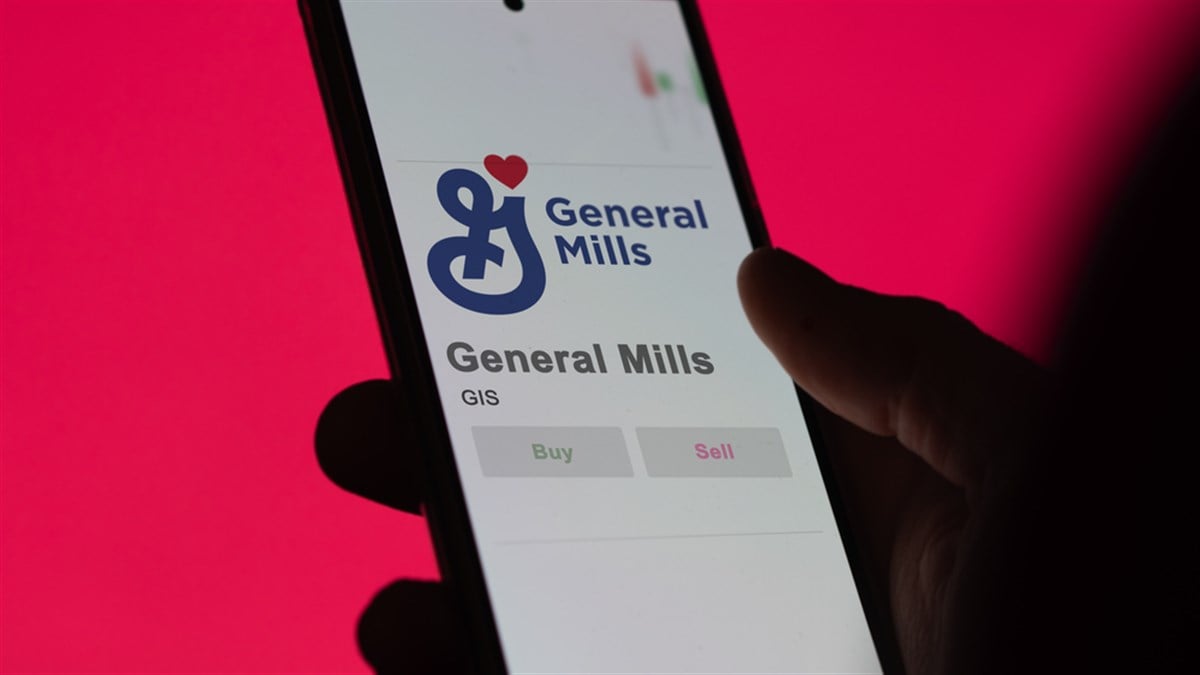
When a bear market occurs, it’s not impossible to find places to preserve or even grow wealth in the stock market. Some companies naturally have aspects of their business that allow them to perform well when it feels like all the market wants to do is fall. We’ll look at three stocks that have historically been able to do this.
Specifically, these stocks outperformed the S&P 500’s return in 2008 and 2022, the two worst calendar year bear markets seen in recent history. In those years, the index’s total return was -37% and -18%, respectively.
We’ll examine what aspects of the companies' businesses help make them resistant to a downturn. Emphasis will be placed on companies that pay a healthy dividend—a potentially more stable source of return in a bear market.
General Mills: Feeding Portfolios in Bear Markets
First up is General Mills (NYSE: GIS). As a maker of dry cereals, snacks, and other food products, the company is in the consumer staples sector. This sector is largely defined by companies that sell products deemed essential to consumers. This means the sales of the products, and thus the companies’ profits, are less likely to face significant negative impacts due to a bad economy. Food products are one of the last items to get crossed off a family’s list when tough financial decisions must be made.
The returns of General Mills in 2008 and 2022 show that the company was able to withstand these difficult periods. The stock provided a total return of 9% and 28% in those years.
Even when banking off the underlying business model of a company to provide stability, valuation still matters. General Mills' forward price-to-earnings (P/E) ratio of 16x is below average compared to other U.S. consumer staples firms and well below 30x for a firm like Walmart. The company’s 3.4% dividend yield is also not too shabby.
Omega Healthcare Investors: Providing Stability to Lives and Portfolios in a Downturn
Omega Healthcare Investors (NYSE: OHI) operates as a real estate investment trust (REIT), owning a portfolio of skilled nursing and assisted living facilities. This business model naturally offers some protection against economic downturns.
Many seniors would see their health rapidly deteriorate and may even pass away if they were to stop living in these facilities. This makes it hard for seniors to leave the facilities, even in a downturn. However, there is still an effect. Omega’s revenue declined by 17% in 2022, but total returns remained solid at 3%. In 2008, OHI’s total return was 7%. Omega’s 6.5% dividend yield also provides a solid base of return in a falling market.
A tailwind for OHI is the high demand for assisted living. Senior citizens make up an increasingly large percentage of the U.S. population, and it’s projected that over 800,000 new senior living units will need to be built to keep up with demand by 2030.
In general, real estate also tends to be a solid place to be in a downturn. People need a place to live, regardless of the state of the economy. However, be aware that not all REITs pay off in a downturn. Hotel and office space REITs can suffer as people cut back on travel or businesses look to reduce costs.
Essential Utilities: Resources People Can't Go Without
Essential Utilities (NYSE: WTRG) operates a crucial network of water, wastewater, and natural gas services across the U.S., underscoring its importance through its very name. Again, these are resources and services people need to live their lives despite the ebbs and flows of the market or economy.
The company saw solid revenue and adjusted earnings per share (EPS) growth in 2022. These figures increased 22% and 8%, respectively, that year. While the total returns of 0% and -9% in 2008 and 2022 aren’t overly impressive, they still far exceed the deep declines seen by the broad market in those years. The company’s 3.1% dividend yield contributes to its stability.
Another aspect that makes regulated utilities like Essential more stable in a downturn is their agreements with governments. The agreements allow companies to charge high enough rates to cover their costs and provide their shareholders with a reasonable return. Governments agree to these arrangements to ensure citizens still have access to key resources like water no matter what.













